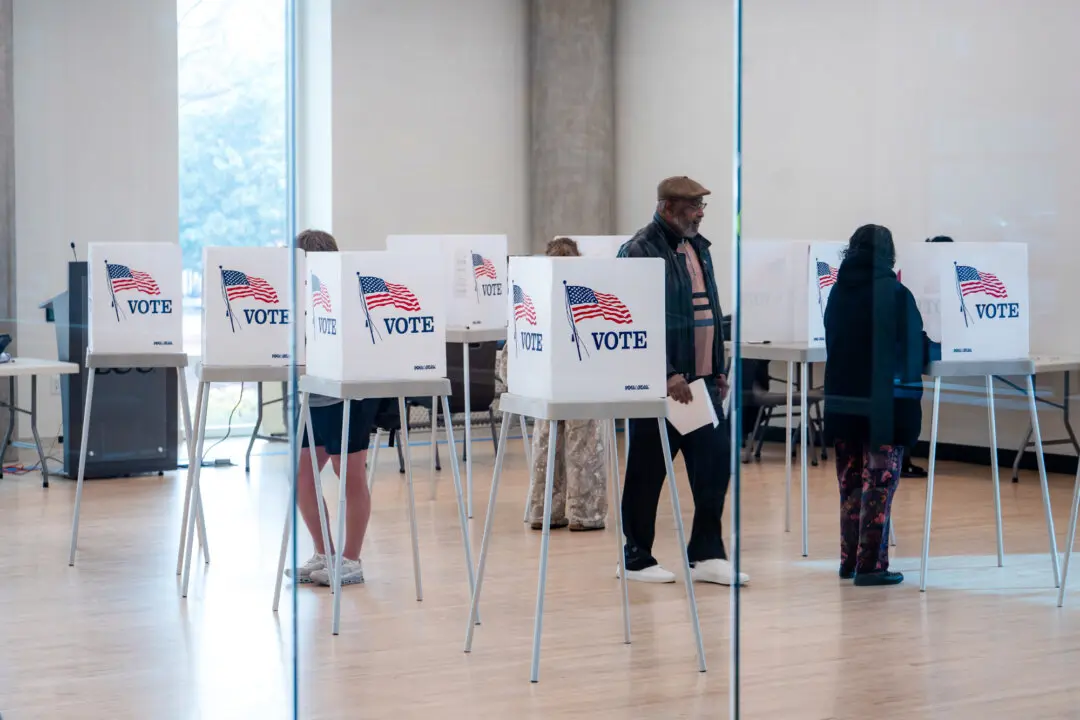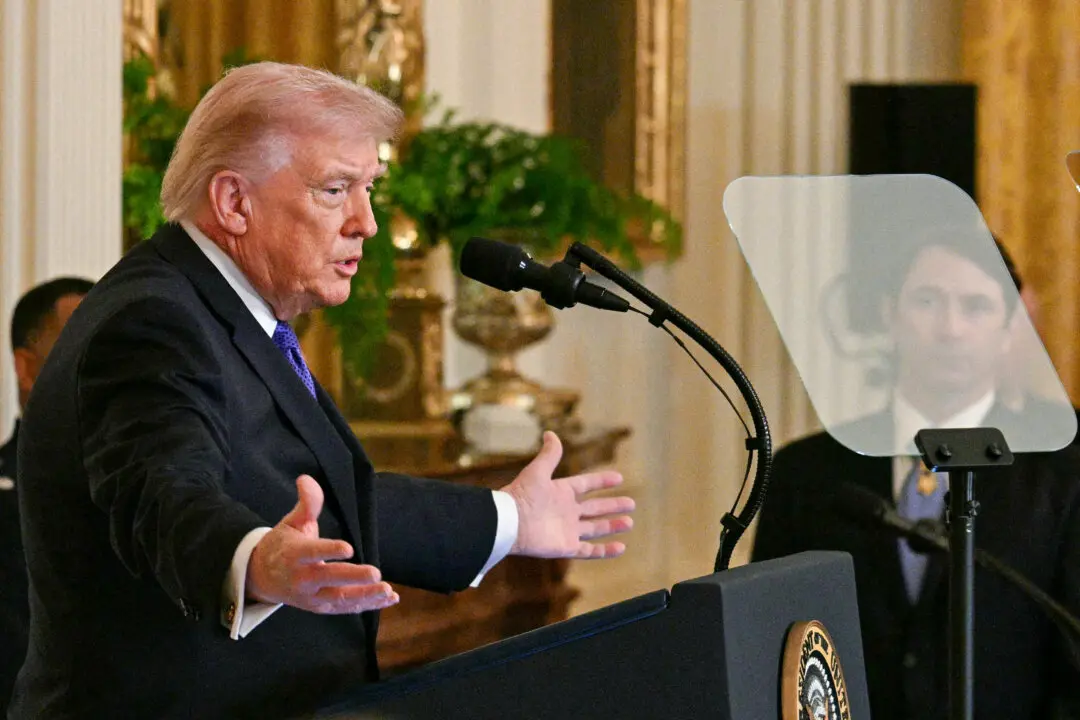News Analysis
The Supreme Court ruled on June 29 that affirmative action is unconstitutional. Nonetheless, history suggests that liberal states and institutions could obstruct implementing the decision that race-conscious admissions violate the equal protection clause of the 14th Amendment.





